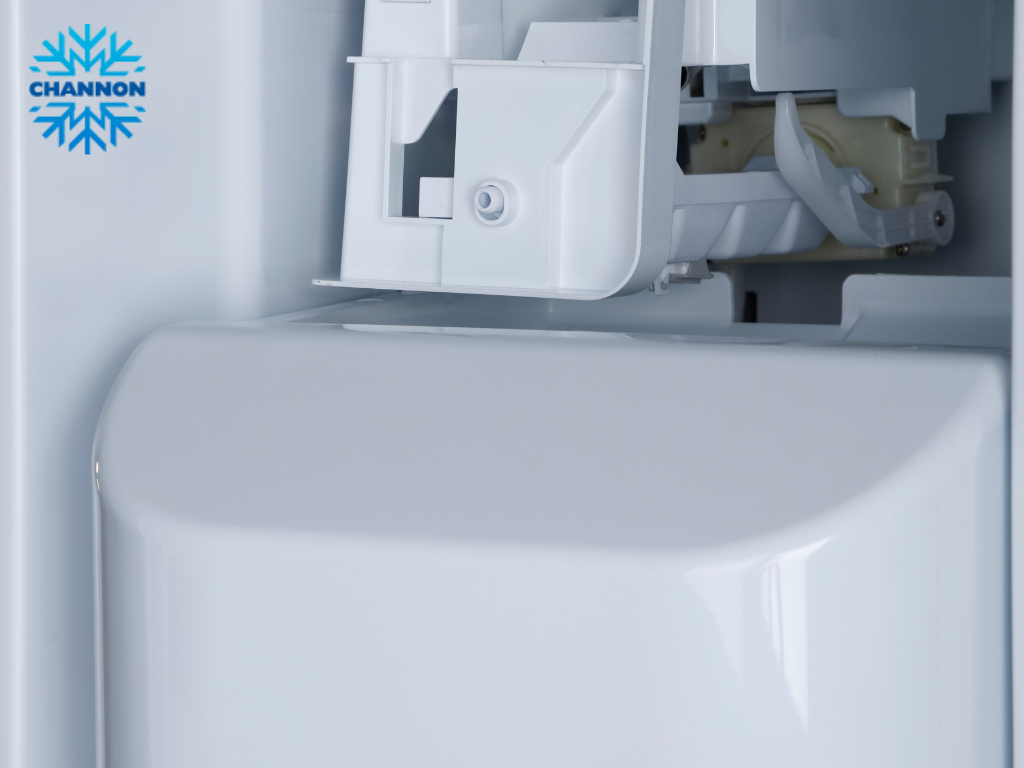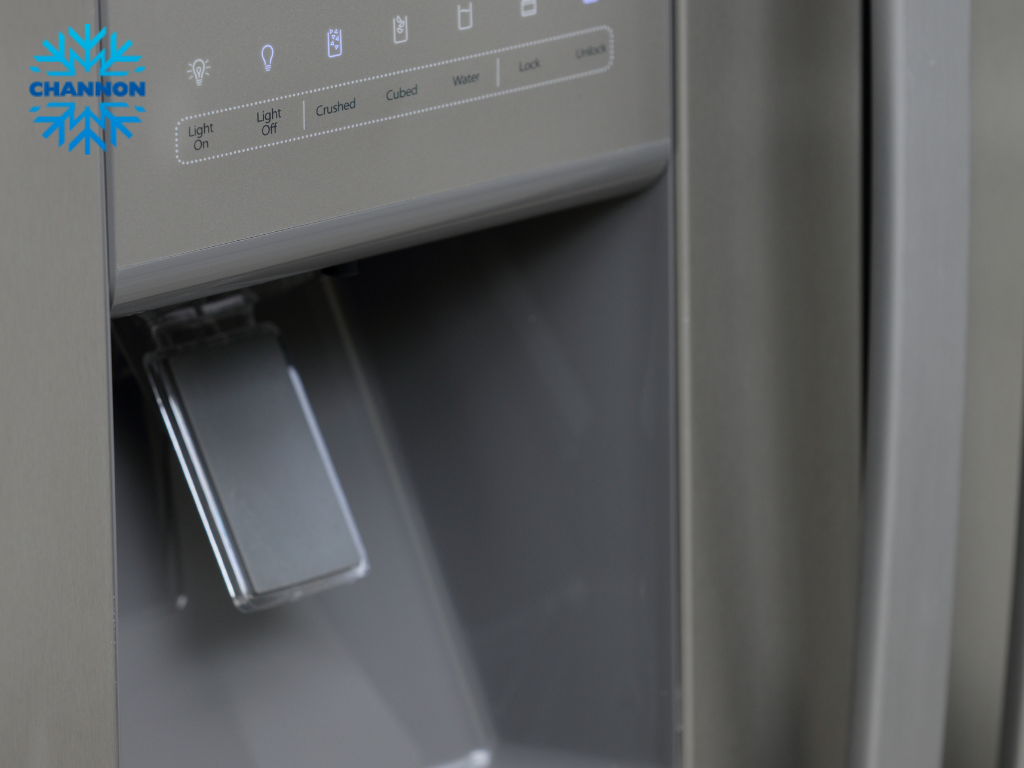The significance of water quality in ice production cannot be understated. It is well known that the characteristics of the water fed into a commercial ice machine profoundly influence not just the quality of the ice produced, but also the machine’s efficiency and service life.
Impurities in water are often the culprits behind frequent maintenance issues and a decline in performance over time. For businesses that depend on the constant supply of ice, such as restaurants and hotels, understanding and managing water quality is synonymous with operational success.

Understanding Water Quality Parameters
Water quality is determined by several key indicators. The hardness of the water, which is a measure of the calcium and magnesium ion concentration, can lead to scale buildup inside the machine. The pH level, indicating the acidity or alkalinity of the water, can also affect the internal components of the ice machine.
Moreover, the overall mineral content, which includes a range of other ions like iron and manganese, can alter the taste of the ice and potentially stain or cloud the final product. Each of these parameters, when deviating from optimal levels, can disrupt the ice production process, leading to inefficiencies and increased wear on the machine.
Common Water Quality Issues and Their Effects
The most common water quality issues involve the presence of sediment, chlorine, and scale-forming minerals. Sediment can clog filters and water lines, while chlorine, often used for municipal water treatment, can corrode metal parts and deteriorate seals and gaskets. Scale, a hard, chalky deposit resulting from hard water, is particularly insidious.
It can accumulate on evaporator plates and other internal components, impeding heat exchange and diminishing the machine’s ability to produce ice. The use of hard water in ice machines is often correlated with increased operational costs due to the frequent need for descaling and repairs.
Water Treatment Solutions for Ice Machines
-
Filtration Systems: Types and Benefits
A multitude of filtration systems are employed to ensure water quality for ice machines. These range from basic sediment filters, which remove dirt and debris, to activated carbon filters that are effective against chlorine and organic compounds. The benefits of using such filtration systems include not only clearer and better-tasting ice but also the protection of the ice machine from the abrasive effects of unfiltered water.
-
Water Softening Techniques: When and Why They Are Necessary
Water softening is essential in areas where water hardness is high. Softeners exchange calcium and magnesium ions with sodium or potassium ions, preventing scale buildup. This process is necessary to maintain the efficiency of the ice machine and to avoid the frequent need for descaling, which can be costly and time-consuming.
-
The Role of Reverse Osmosis in Water Purification for Ice Machines
Reverse osmosis (RO) systems offer a comprehensive solution for water purification by forcing water through a semipermeable membrane, filtering out nearly all impurities. The utilization of RO systems results in almost pure water, leading to the production of high-quality ice, free from cloudiness, off-tastes, and odors.
Implementing a Water Quality Management Plan
-
Steps for Testing Water Quality in Your Facility
Regular testing of water quality is the first step in a management plan. It involves assessing the water for hardness, mineral content, and the presence of contaminants. This can be done using test kits or by engaging professional water treatment services.
-
Creating a Maintenance Schedule for Water Filtration and Treatment Systems
Maintenance schedules are crucial for the longevity of both the water treatment systems and the ice machines they service. This includes routine filter changes, resin regeneration in water softeners, and membrane replacement in RO systems. Scheduled maintenance ensures continuous operation without unexpected downtime.
-
Best Practices for Monitoring and Maintaining Water Quality
Continuous monitoring of water quality indicators allows for timely interventions. Installing water quality sensors and maintaining a log can help track the performance of the treatment systems. Staff training on the importance of water quality and the operation of treatment systems is also a best practice that can lead to better maintenance and longer machine life.
Economic Impacts of Water Quality on Ice Machine Operations
Poor water quality can have a significant economic impact on businesses that rely on commercial ice machines. When water contains high levels of minerals and impurities, it can lead to frequent breakdowns and costly repairs. The scale buildup from hard water is particularly damaging, necessitating more frequent descaling processes and potential part replacements. Consequently, the efficiency of ice production is compromised, leading to higher electricity and water usage.
Advanced water treatment systems, while requiring an initial investment, can offer substantial returns. By extending the lifespan of the ice machine and reducing repair costs, these systems can pay for themselves over time and contribute to ongoing operational savings.
Ensuring Compliance with Health and Safety Regulations
Compliance with health and safety standards is mandatory for businesses that produce and handle food products, including ice. Regulatory standards mandate that water used in ice production must meet certain quality criteria to ensure that the ice is safe for consumption.
Documentation of compliance checks for water quality, which may involve regular testing and maintenance records, is often required by health inspectors. By adhering to these standards, businesses not only avoid potential fines and closures but also protect their customers’ health.
Conclusion: The Value of High-Quality Water in Ice Production
The importance of high-quality water in the efficiency and longevity of ice machine operations cannot be overstated. Ice machines that operate with pure, clean water require less maintenance, produce better quality ice, and offer greater satisfaction to customers. Businesses are advised to invest in proper water treatment solutions and to adhere to a regular maintenance schedule.
Not only does this ensure compliance with health regulations, but it also guards against the steep costs associated with machine downtime and repairs. Ultimately, prioritizing water quality is an investment in a business’s operational efficiency and reputation.

